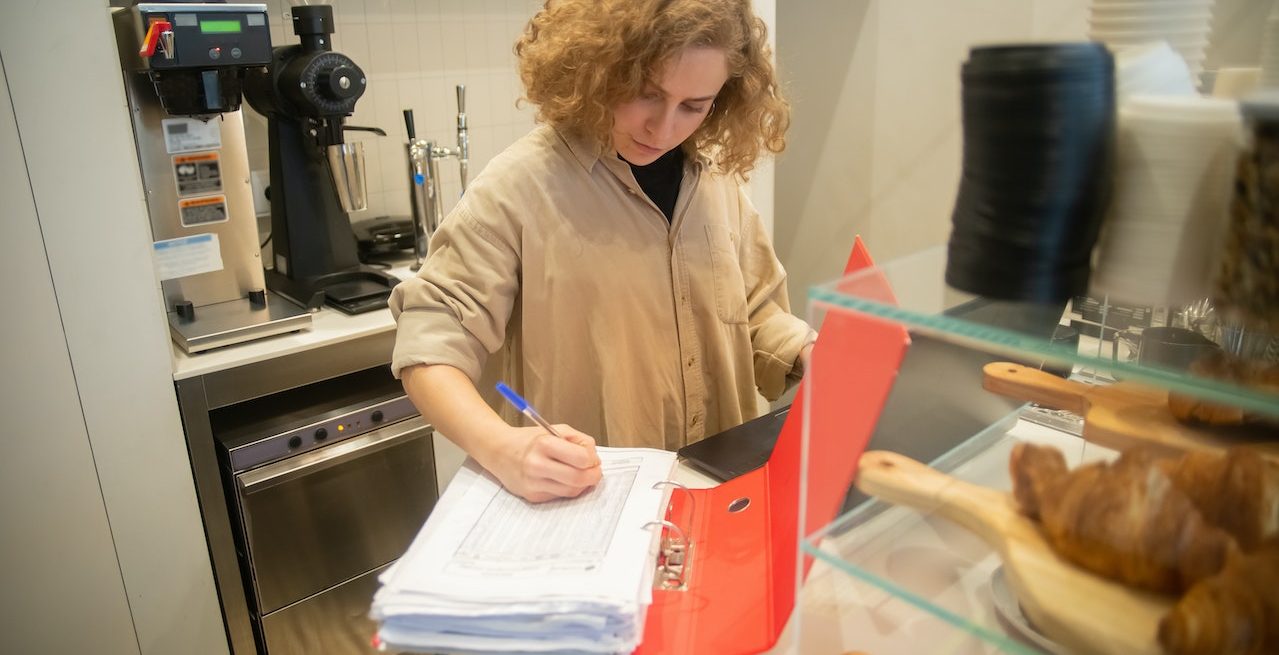How to Conduct a Successful Restaurant Audit
3 Min Read By Mark Plumlee
An audit can also be a powerful tool that can help you improve the financial health and profitability of your restaurant. Conducting a successful one can help you figure out where your business could use a little improvement. By identifying any weak spots, you can make necessary adjustments that can set you up for long-term success.
How to Conduct a Successful Restaurant Audit
First, take stock of the following areas of your restaurant business:
Cleaning and Sanitation
It’s difficult to overstate the importance of sanitation for restaurants. Be sure to carefully review how your restaurant is doing in these areas:
- Are all food safety laws and protocols being followed in your kitchen? For instance, is food being handled and stored properly?
- Are your bathrooms sufficiently stocked with soap, paper towels, etc?
- Is your restaurant clean — both in the front and back of the house?
- Are your employees washing their hands? Do you have signage to remind them to?
Inventory Management
If you don’t have a proper inventory management system in place, you could be wasting a lot of time and money.
To illustrate that point, consider this scenario. Your food special for the week is Chicken Cacciatore, but you’ve run out of chicken. Your usual poultry vendor requires two days’ notice for deliveries, but you haven’t placed an order. At this point, you can pay a hefty rush fee, or lose potential sales by removing the special from the menu. Either way, it ends up costing you.
Proper inventory management is key. Here are a few steps to help improve your system:
- Create a system for managing food inventory
- Create a system for managing non-food inventory
- Dedicate a point person or persons to managing inventory
- When designing inventory management systems, keep in mind the various order and delivery times required for each item (for instance, if it takes 2-3 weeks to get more to-go boxes, be sure to place the order before you run out).
Expenses
Running a restaurant is a time-consuming endeavor, and you might not be on top of your expenses at all times. However, it’s well worth taking the time to review the books now and again to see where your money is going and where you could use a little improvement.
For example, if you notice that all of the ingredients in your kale salad have suddenly gone up, it might be time to consider raising some of your menu prices.
Employee Wellness
This portion of the audit is a bit more subjective, but be sure to take stock of your employees’ happiness and satisfaction levels. After all, they are the face of your brand and the gateway to creating a great customer experience. When you let employees’ voices be heard and make it clear that you care about their wellness, it can have a powerful impact on staff retention and happiness.
Permits and Documentation
Every restaurant is required to display various sorts of permits and documentation. Are you up-to-date? For instance,
- Do you have all necessary permits and documentation displayed?
- Is your business license and/or other permits up-to-date, or does anything need to be renewed?
Get Clear on Regulations
It’s crucial that you understand any regulations or guidelines that your restaurant must follow. These might be guidelines set by the health department, your parent company (if applicable), or guidelines from a franchisor (if you are a franchisee). Based on these guidelines, you can create an individualized checklist for audits and compliance.
Create Standard Operating Procedures in Your Restaurant
A little structure can go a long way in terms of improving your daily operations. Here are a few places where you might want to implement standard operating procedures (SOPs) in your restaurant:
- Opening and closing procedures
- Daily sales settlement procedures
- Cleaning procedures
- Protocol for reporting low inventory
- Procedures for requesting time off or a shift swap with another employee
You don’t have to wait to be inspected to improve your restaurants’ systems and procedures. By conducting regular restaurant audits using the tips in this post, you can make sure your business is running smoothly and that you’re reacting to any trouble spots along the way.


